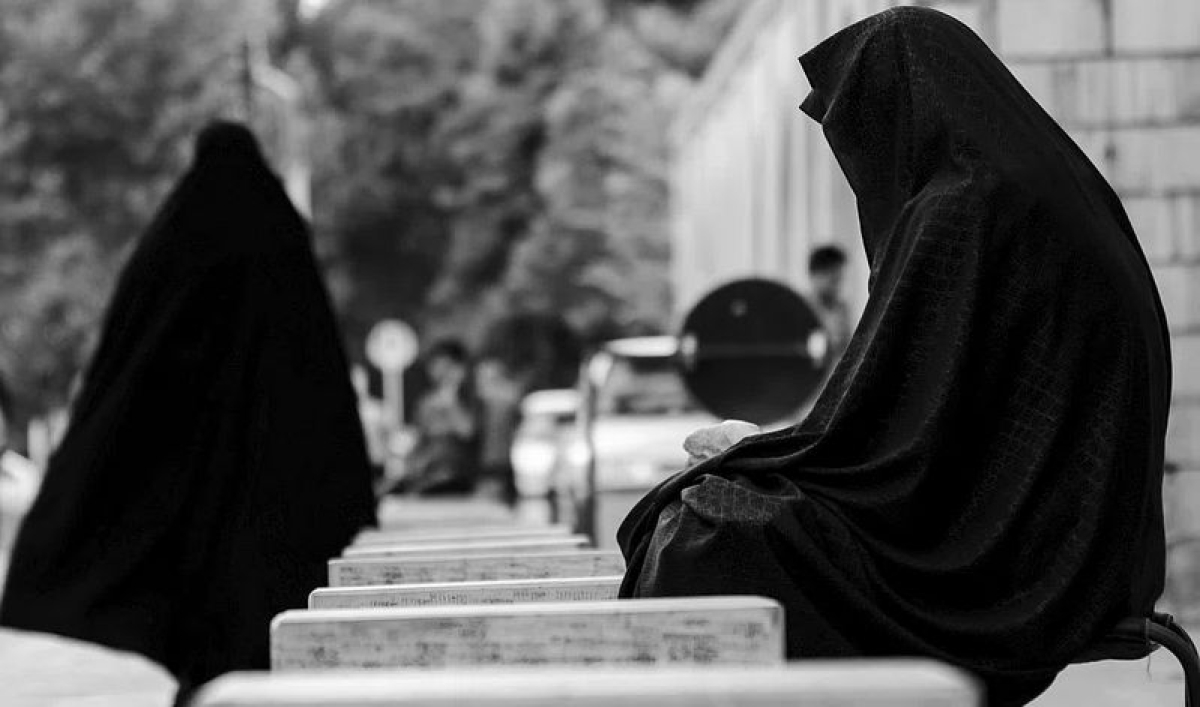Verschärfung der Hijab-Gesetze im Iran

Bildquelle: Wikimedia Commons
Nach den Massenprotesten im Iran, verschärft das Regime weiter Gesetze gegen Frauen, die den Hijab nicht nach Vorschrift tragen.
Dazu schreibt Gilda Sahebi in der taz:
Jetzt holen sie nochmal richtig aus. Die Machthaber der Islamischen Republik Iran. Jene Männer, die es als „Macht“ empfinden, Frauen zu zwingen, sich so anzuziehen, wie diese Männer es wollen. Die Peitschenhiebe verteilen und Knüppel auspacken, wenn Frauen sagen: Ich ziehe mich an, wie ich will. Was in Wahrheit heißt: Ich denke, wie ich will. Eine selbstbewusste Frau – der Alptraum eines jeden Frauenhassers. Denn nichts anderes sind diese Machthaber, die einen ganzen Staat unterjocht haben.
Nun wollen sie ihre Frauenhass-Spirale ein ganzes Stück weiterdrehen: In der vergangenen Woche wurde ein neues Gesetz vorgestellt. Dieses aus 69 Artikeln bestehende „Gesetz“ ist der jüngste Versuch des iranischen Regimes, seine archaischen Vorstellungen über die Rolle der Frau endlich wieder durchzusetzen. Denn egal, was die Machthaber im vergangenen Jahr getan haben, um Frauen wieder unter das Kopftuch und damit in die Unterwürfigkeit zu zwingen: Nichts hat funktioniert. Immer noch gehen Frauen im ganzen Land ohne Kopftuch auf die Straßen.
Derweil stößt eine entsprechende Direktive an Krankenhäuser auf Widerstand:
The circulation of a letter to hospitals requiring strict hijab for medical services in northern Iran has sparked strong public reactions.
The letter, signed by Mohammad Taqi Najafzadeh, Director of the health and treatment network in Lahijan city to the heads of local hospitals, has ignited a significant reaction on social media platforms.
In the directive, Najafzadeh unequivocally states that medical centers and health workers must abide by the hijab regulations set forth by the authorities. The letter, however, leaves the crucial question unanswered regarding the medical service protocol in emergency situations, where immediate care may be required irrespective of the patient's observance of hijab. (...)
Amidst the challenges, a segment of the medical community sought to voice civil protests against these governmental pressures. In March, following an institution's order for compulsory black veiling for women in pharmacies, some pharmacist doctors and male technicians showed their anger by wearing black veils.
The Iranian government employs such punishments with the aim of suppressing opponents of the mandatory hijab. However, reports suggest that these punitive measures have not succeeded in quelling protests, and studies indicate an increase in the emigration of Iranian doctors and nurses in recent months.